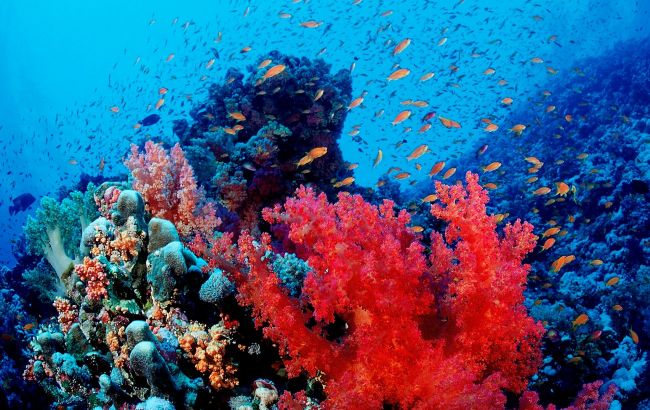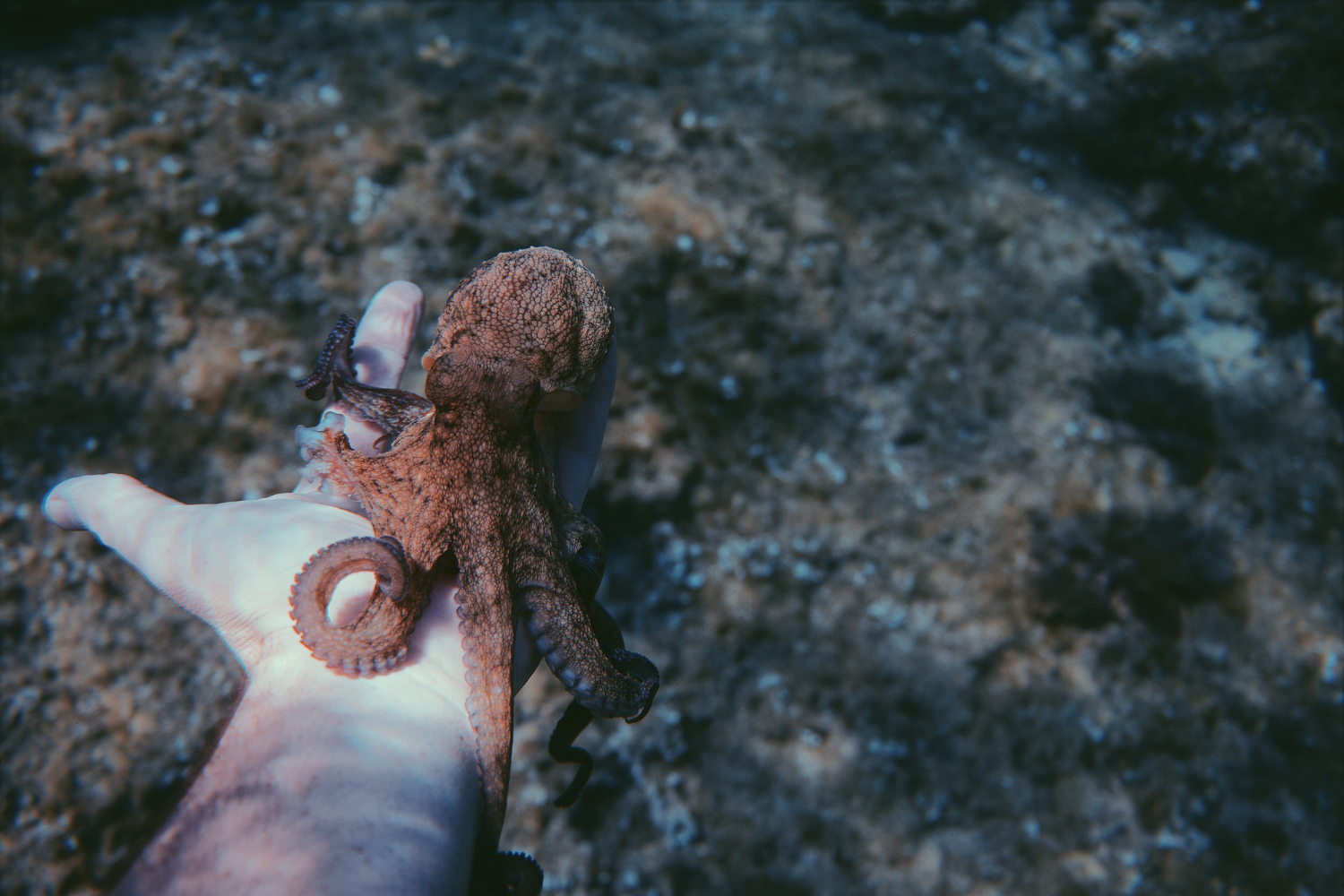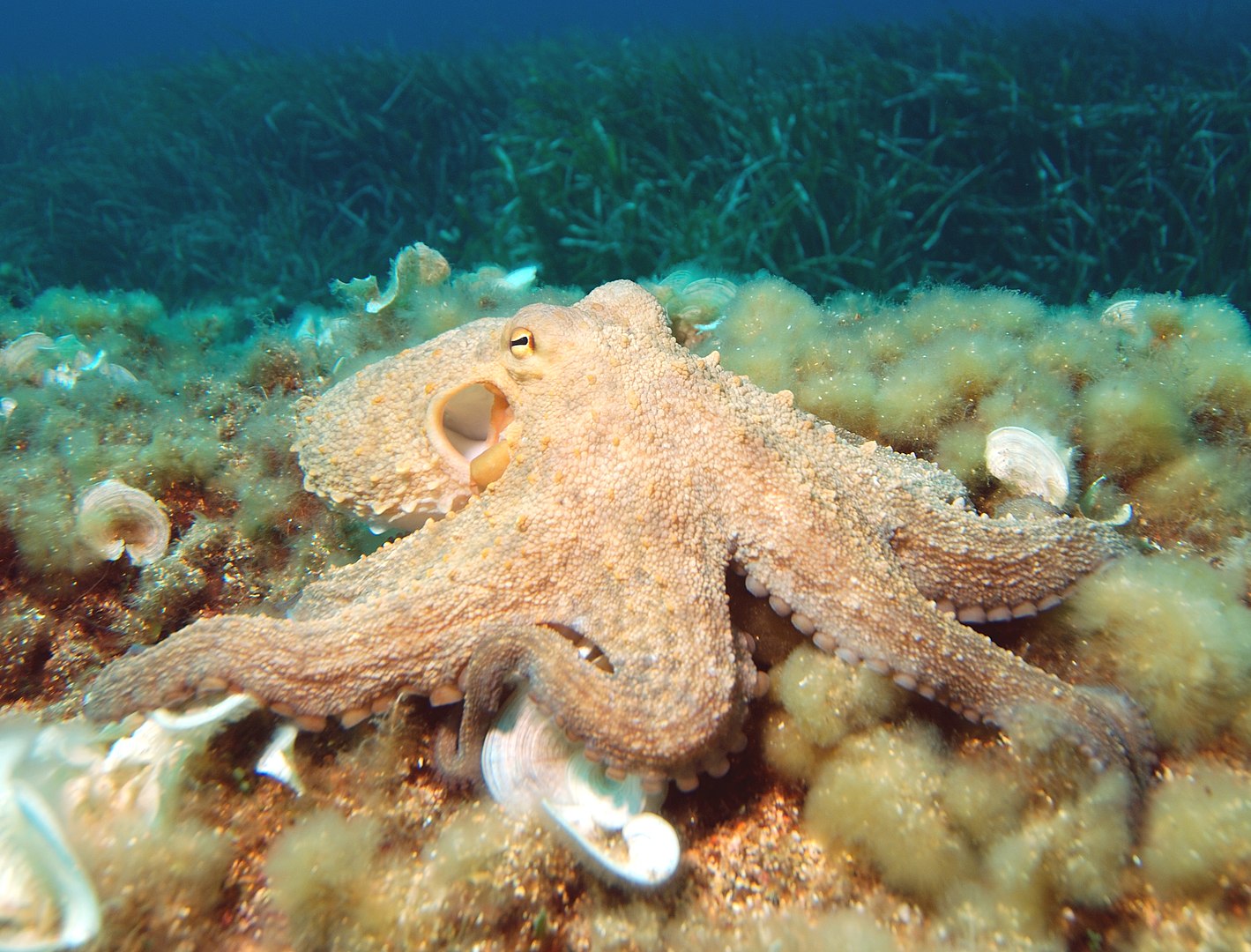Scientist names creature that can build next civilization after humanity
 A creature that can build a civilization after humanity lives in the ocean (photo: Getty Images)
A creature that can build a civilization after humanity lives in the ocean (photo: Getty Images)
Some creatures of the animal kingdom are known to be highly intelligent. Some creatures are so smart that, according to one researcher cited by All That's Interesting, they could succeed in building civilizations after humans.
Recently, while researching various representatives of the animal kingdom and marine life, Oxford University professor Tim Coulson proposed the theory that if humans go extinct, one creature could potentially become the next civilized species to dominate planet Earth.
While such creatures are unlikely to create a civilization similar to the one humans have built, they will have their own versions that are uniquely tailored to their strengths as a species.
In his book, A World History of Us, published in 2024, Coulson explored the evolution of humans and animals, speculating on which species might take the lead on Earth in the future.
In asking himself this question, Prof. Coulson briefly considered humans' closest relatives, the great apes. However, given their strong resemblance to humans, these apes are likely to meet their end along with humans in the event of an extinction scenario.

Orangutans are great apes with advanced cognitive abilities (photo: Freepik)
According to the professor, even if some primates survived, they would face significant problems: the size of their populations is small, they are limited to a few forest habitats, and they have slow growth and reproduction rates.
So what type of creature is most likely to replace humans? According to Professor Coulson, the answer is the octopus. Octopuses have advanced cognitive abilities, including tool use, camouflage, communication, and problem solving.

Octopuses are characterized by exceptional intelligence and adaptability (photo: Freepik)
These traits, combined with their unique anatomy and agility, make them extremely adaptable to changing environments and conditions in which even humans and other advanced mammals would be unlikely to survive.
In addition, these marine creatures have been "wandering" the Earth's oceans for over 500 million years. Images of octopuses date back to 1900 B.C. One of the earliest examples is a Bronze Age Minoan vase with a large image of an octopus dating back to 1500 B.C.
At the same time, the Greek philosopher Aristotle was the first to mention the ability of octopuses to change color. Subsequent researchers have discovered that octopuses have several remarkable abilities: limb regeneration and strategic thinking to improve hunting results.

Octopuses can use strategies to hunt (photo: wikipedia.org, User albert kok).
According to Prof. Coulson, in a world dominated by mammals, octopuses remain an underestimated contender for dominance after humans.
However, as the scientist emphasizes, it is important to remember that this is only a theory, and it is currently impossible to predict exactly how evolution will develop over time.

